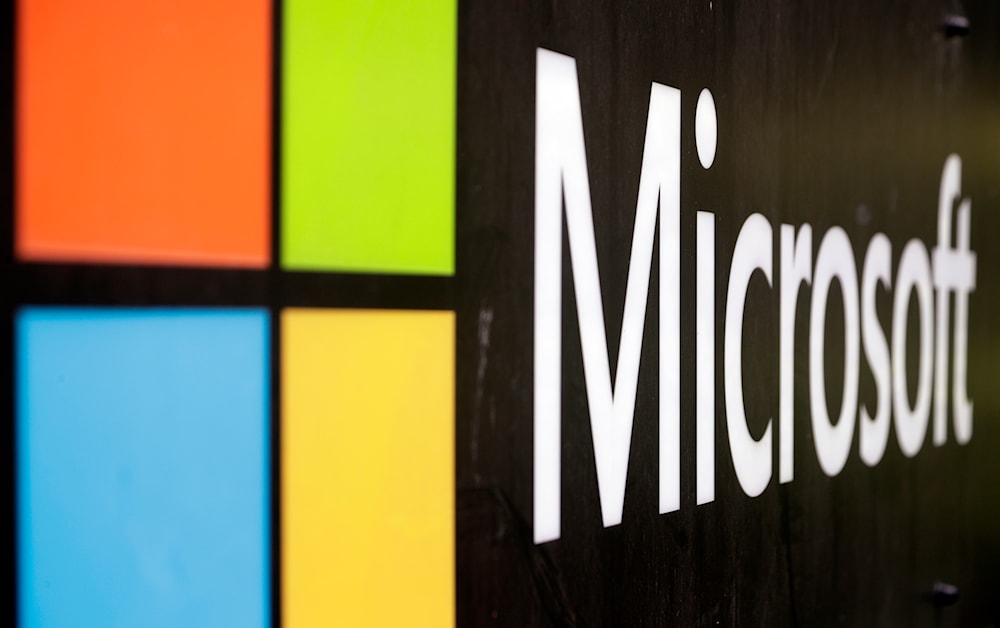Microsoft launches internet-divorced AI service for US spies
A senior executive at Microsoft said that this is the first time a major language model has functioned entirely detached from the internet.
-

The Microsoft company logo is displayed at their offices in Sydney, Australia, on Wednesday, February 3, 2021. (AP)
Microsoft Corp. has launched a generative AI model outside of the internet, the first of its kind, announcing that US intelligence agencies can now securely utilize technology to analyze top-secret information.
Most AI models, one of which is OpenAI's ChatGPT, depend on cloud services to study and infer patterns from data, however, Microsoft's goal was to present a truly safe system to US intelligence.
A senior executive at the company said that this is the first time a major language model has functioned entirely detached from the internet.
Spy agencies from various countries need generative AI to aid them in comprehending and analyzing the increasing amounts of classified information gathered daily, however, there is always a risk of data possibly getting leaked or even intentionally hacked.
Microsoft’s chief technology officer for strategic missions and technology, William Chappell, said that the company utilized the GPT4-based model and key elements that back it onto a cloud, with an "air-gapped" environment that is detached from the internet.
How it works
This project took 18 months of work and was described by Chappell, the electrical engineer who previously worked on microsystems for the Defense Advanced Research Projects Agency, as a passion project.
Speaking with Bloomberg News, Chappell said before an official announcement on May 7 "This is the first time we’ve ever had an isolated version – isolated meaning not connected to the internet – and it’s on a special network that’s only accessible by the US government."
Addressing how the government can benefit from this to keep its model "clean" and stop secret information from getting into the platform, Chappell said that this GPT4 model in the cloud is static, which means that it can read files but it would not learn from them or from the open internet.
He added that theoretically, around 10,000 people would be able to access the AI.
"You don’t want it to learn on the questions that you’re asking and then somehow reveal that information," Chappell said.
As the service went live on May 2, it requires testing and accreditation by the intelligence community, and on this Chappell emphasized "It is now deployed, it’s live, it’s answering questions, it will write code as an example of the type of thing it’ll do."
CIA announced that it is developing AI for sorting vast public information
Earlier in September, a report by Bloomberg featuring an interview with a CIA official revealed that the CIA is in the process of creating an artificial intelligence (AI) tool aimed at assisting US intelligence agencies in sorting through vast amounts of publicly available information.
"We have to find the needles in the needle field," Randy Nixon, director of the CIA’s Open-Source Enterprise Division that is developing the tool, said.
Nixon clarified that the Chat-GPT-like tool would enable analysts to access the primary information source, pose additional queries, and assist in organizing and condensing data.

 3 Min Read
3 Min Read








